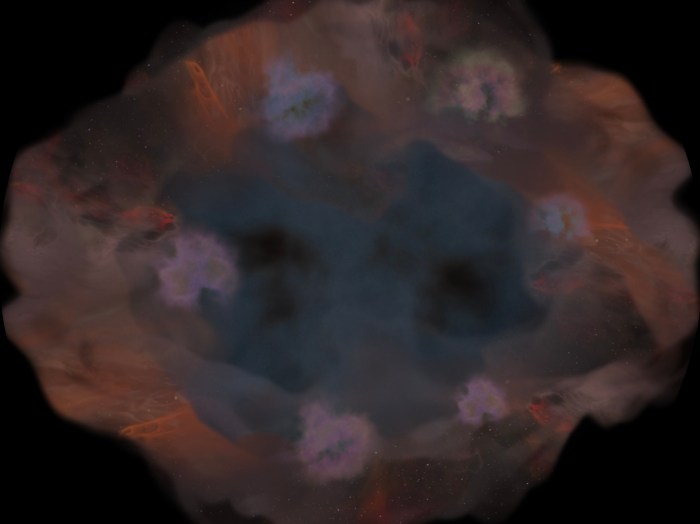Lesser than macbeth and greater meaning – In the literary landscape, William Shakespeare’s “Macbeth” stands as a towering masterpiece, a benchmark against which all other tragedies are measured. However, beyond the hallowed halls of this iconic work lies a wealth of lesser-known plays that offer profound insights and resonate with enduring themes, inviting us to delve into the depths of human experience and explore the complexities of tragedy.
This exploration will delve into the central themes, characterization, dramatic techniques, historical context, critical reception, and artistic adaptations of these lesser-known plays, illuminating their significance and revealing the richness and diversity of the tragic genre.
Themes and Motifs

Shakespeare’s “Macbeth” explores themes of ambition, guilt, and fate, which resonate in lesser-known works such as Middleton’s “The Revenger’s Tragedy” and Ford’s “‘Tis Pity She’s a Whore.”
Motifs like the supernatural, madness, and violence are also prevalent in these plays, highlighting the darker aspects of human nature.
Character Analysis, Lesser than macbeth and greater meaning
Macbeth, a complex and tragic hero, shares similarities with other characters in lesser-known works, such as Vendice in “The Revenger’s Tragedy” and Giovanni in “‘Tis Pity She’s a Whore.”
These characters are driven by ambition and passion, but their actions lead to their downfall, revealing the consequences of unchecked desires.
Dramatic Structure and Techniques
“Macbeth” follows a five-act structure with soliloquies and asides that provide insight into the characters’ thoughts and motivations.
Lesser-known plays like “The Revenger’s Tragedy” also employ soliloquies and stage directions to create a sense of suspense and engage the audience.
Historical and Cultural Context
“Macbeth” is set in 11th century Scotland, reflecting the political and social climate of the time.
Lesser-known plays, such as “The Revenger’s Tragedy,” also draw on historical events and cultural norms, offering insights into the social and political issues of their eras.
Critical Reception and Legacy
“Macbeth” has received critical acclaim for its powerful characters, gripping plot, and timeless themes.
It has influenced numerous works of literature, including “The Revenger’s Tragedy” and “Hamlet,” and continues to be studied and performed today.
Artistic Adaptations
Both “Macbeth” and lesser-known plays have been adapted into various artistic mediums, including film, opera, and ballet.
These adaptations offer different interpretations of the plays, showcasing the enduring power of these tragic stories.
Educational Value
“Macbeth” and lesser-known plays can be used in educational settings to teach students about tragedy, character analysis, and dramatic structure.
Discussion questions and activities can foster critical thinking and engagement with the plays.
Answers to Common Questions: Lesser Than Macbeth And Greater Meaning
What is the significance of exploring lesser-known tragedies?
By examining lesser-known tragedies, we broaden our understanding of the genre, uncover hidden gems, and gain fresh perspectives on timeless themes.
How do lesser-known tragedies compare to “Macbeth”?
While they may not possess the same level of fame, lesser-known tragedies offer unique insights, explore different aspects of the human experience, and showcase diverse dramatic techniques.
What can we learn from the critical reception of lesser-known tragedies?
Critical reception provides valuable insights into the historical and cultural context of these plays, their impact on the literary landscape, and their enduring relevance.


